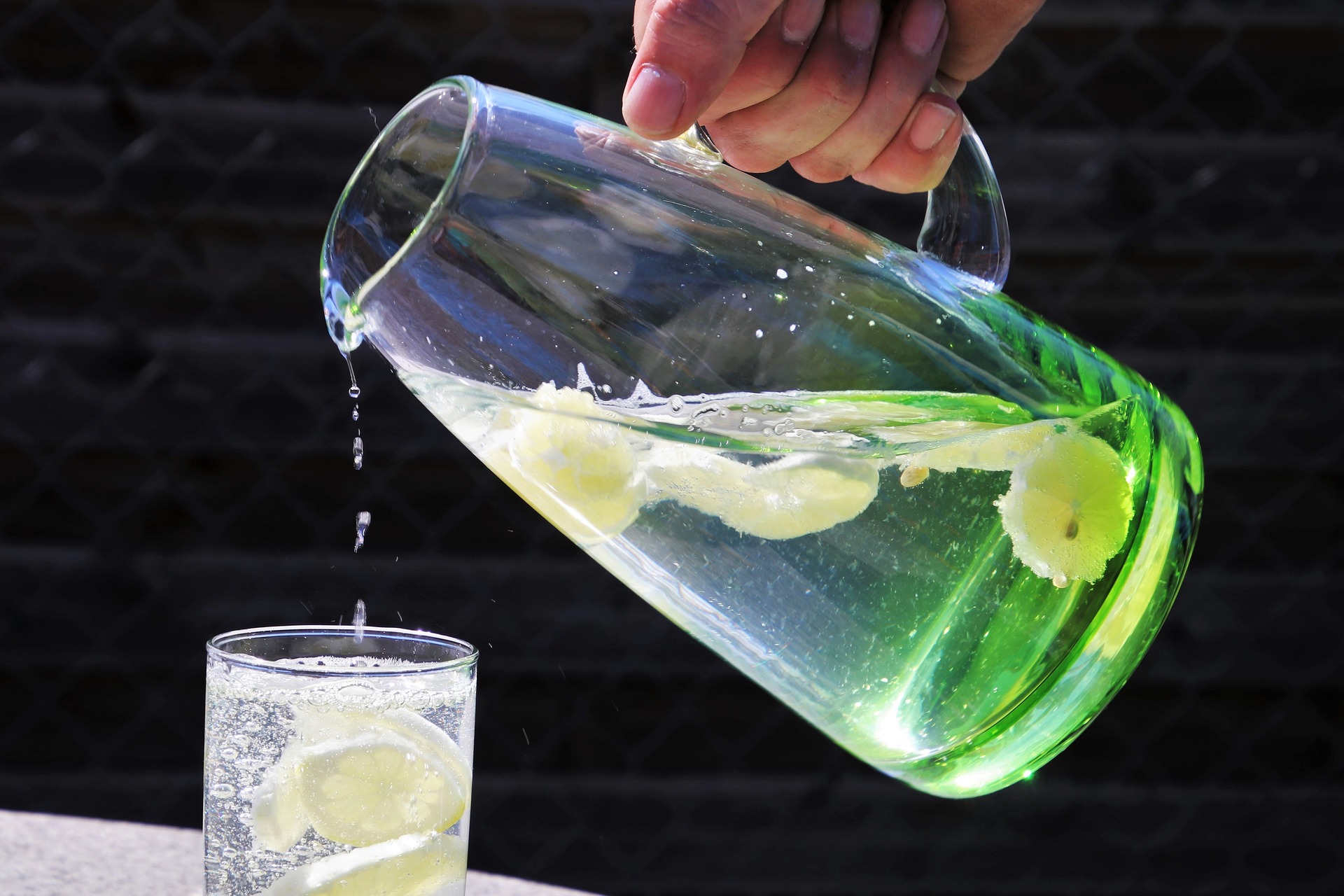- Water tests
- Air and pollutants analysis
- Mold analyses
- Asbestos analyses
- Rapid tests
-
Knowledge
- Analysis made easy
- Facts About Drinking Water
- Facts about Indoor Air
- Facts about Mold
- Facts about Asbestos
-
Water quality in Switzerland
- Further current news
- NEWS: Zurich Drinking Water Map
- Water Scarcity and Water Quality
- The Water Supply of the City of Thun
- Drinking Water in St. Gallen
- Drinking Fountains in Switzerland
- Tap Water in Switzerland: Quality and Controls
- Drinking Water in Switzerland
- Water Quality in the Canton of Bern
- Water Quality in the Canton of Geneva
- Water Quality in the Canton of Zurich
- Water Quality in Baden
- Water Quality in Basel
- Water Quality in Bern
- Water Quality in the City of Zurich
- Water Analysis in Lucerne
- Water Quality in Winterthur
- Initiative for Clean Drinking Water
- DB-Sprachen-test
- Partnership with WATER FOR WATER (WfW)
- Help & Services
Tap Water in Switzerland: Quality and Controls
Tap water is one of the most monitored food products in Switzerland. Despite this, it often comes under criticism. Not long ago, the contamination of Swiss groundwater with a concerning pesticide – chlorothalonil – made headlines. However, this was not due to a lack of water control.
The Federal Office for Food Safety and Veterinary Affairs (FSVO) had only recently classified the degradation products of the fungicide as "probably carcinogenic." Therefore, water was not previously tested for this substance. Naturally, such issues can also occur with other water constituents. Generally, however, it can be assumed that you can drink tap water in Switzerland without any concerns.
What Regulations Exist for the Constituents of Tap Water in Switzerland?
Tap water is a natural product, whose constituents largely depend on the raw water. Therefore, in regions where raw water is sourced for drinking water treatment, special attention is paid to groundwater and water protection. Legally, the regulations for water quality are governed nationally. However, Switzerland follows the guidelines of the EU.
In the Federal Constitution, the protection of health and consumers is described under Articles 97 and 118. The Food Act clearly defines the legal requirements for drinking water. The cantonal water suppliers must have a quality assurance system that ensures compliance with the following regulations:
- Ordinance of the FDHA on Drinking Water and Water in Publicly Accessible Baths and Shower Facilities (TBDV)
- Food and Commodities Ordinance (LGV)
Tap Water Minerals: What Should Be Included
Almost everyone knows that tap water contains minerals. These are among the desirable water constituents. If you regularly drink tap water, you supply your body with essential minerals and trace elements. The following natural minerals are contained in tap water:
- Calcium
- Magnesium
- Sodium
- Potassium
- Iron
- Manganese
- Chloride
- Sulfate
- Carbonate
Tap Water Contaminants: What Can Be Included
Depending on the region and the season, various trace substances can be found in tap water. These include water constituents such as metals, germs, nitrate, medication residues, pesticides, or microplastics. At a certain concentration, trace substances can become dangerous for your body. It is normal for tap water to contain contaminants. Even branded water contains trace substances. However, regular controls ensure that the concentration of contaminants is so low that your health is not harmed even with lifelong consumption. Therefore, there are strict limits for tap water that must be adhered to.
Tap Water Limits in Switzerland
- Aluminum: 0.2 mg/L
- Ammonium: 0.5 mg/L
- Lead: 0.01 mg/L
- Cadmium: 0.005 mg/L
- Chromium: 0.05 mg/L
- Enterococci (bacteria): 0 mg/L
- Escherichia coli (bacteria): 0 mg/L
- Copper: 2 mg/L
- Nickel: 0.02 mg/L
- Nitrate: 50 mg/L
How Is Tap Water Quality Ensured?
Over 2,500 water suppliers provide drinking water to individual households in Switzerland. Each has an elaborate quality assurance system with modern analytical instruments. Today's measurement methods are so precise that a single sugar cube dissolved in Lake Zurich can be detected. Compared to the past, many more substances are detected in the water. This also leads to the detection of new – and old – trace substances.
✪ However, this does not mean that the quality of tap water is getting worse. The ability to detect groundwater contamination at the nanogram level leads to more effective strategies for improving drinking water quality. Naturally, it cannot be ruled out that occasional mishaps occur in individual cases – for example, during floods or algal blooms. But normally, the population is then informed by the water supplier.
If you want to be sure of the quality of your tap water, you can have it analyzed for any potential contaminants. You also have the option to test your drinking water for mineral content. This way, you can drink your local tap water all year round and also help reduce environmental impact.


